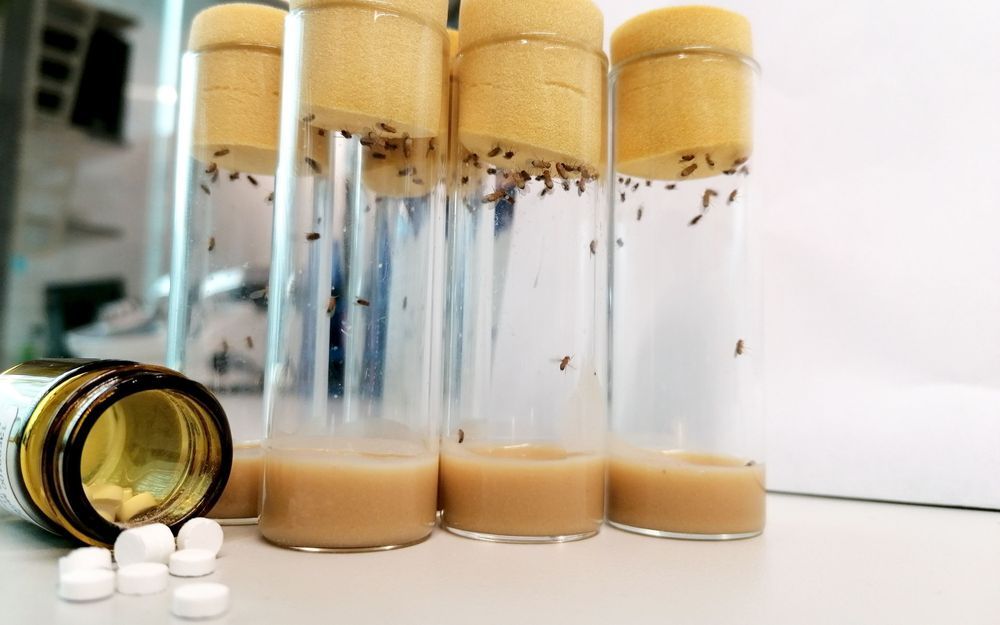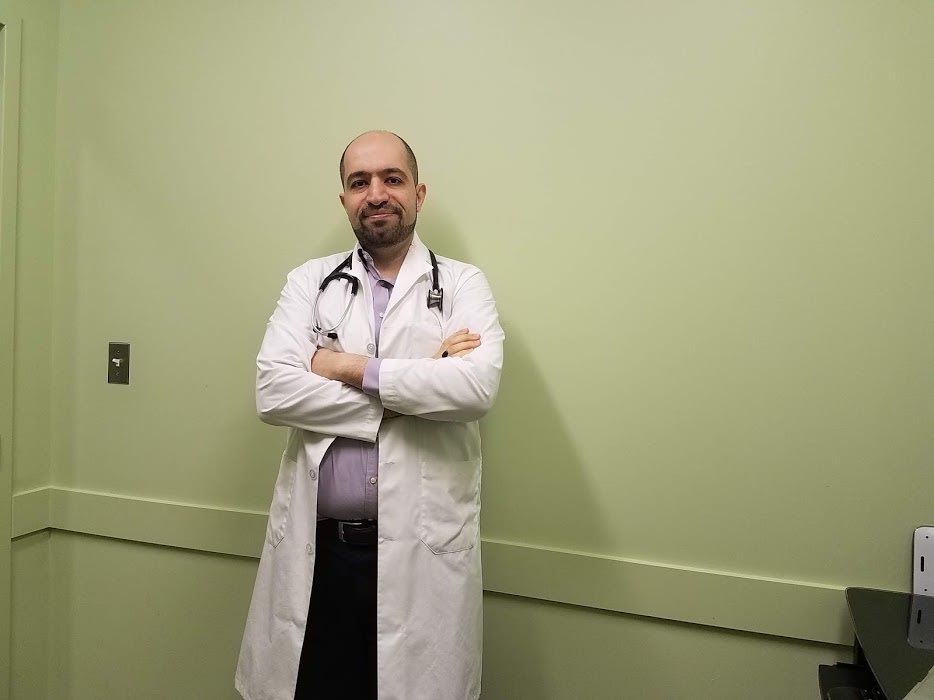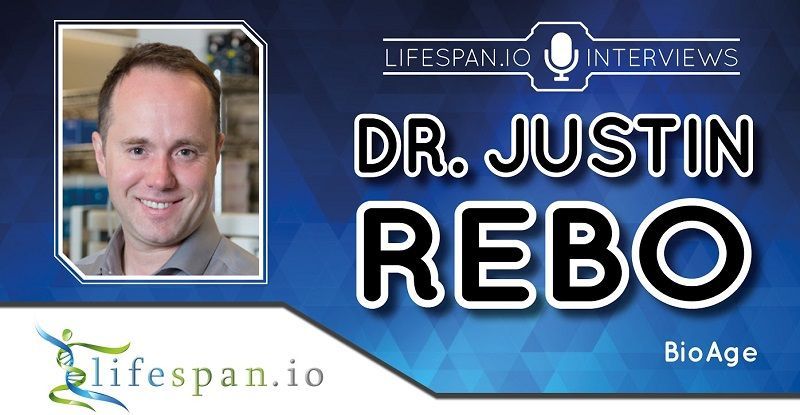The complex interplay of various processes and mechanisms that contribute to aging means it’s unlikely we’ll discover a single “magic bullet” to prevent age-related diseases. But new research led by University College London and the Max Planck Institute for Biology and Ageing is potentially as close as anything we’ve seen. The scientists have been able to extend the lifespan of fruit flies by 48 percent using a triple drug combination made up of drugs already used in people.
“As life expectancies increase, we are also seeing an increase of age-related diseases so there is an urgent need to find ways to improve health in old age,” says study co-lead author, Dr Jorge Castillo-Quan. “Here, by studying fruit flies which age much more rapidly than people, we have found that a combination drug treatment targeting different cellular processes may be an effective way to slow down the aging process.”
The three drugs making up the combo include lithium, which is used as a mood stabilizer, trametinib, a cancer drug that inhibits MEK1 and MEK2 enzymes, and rapamycin, an immune system regulator produced by bacteria that was first found in a soil sample from Easter Island and has been found to improve learning and memory in mice.



